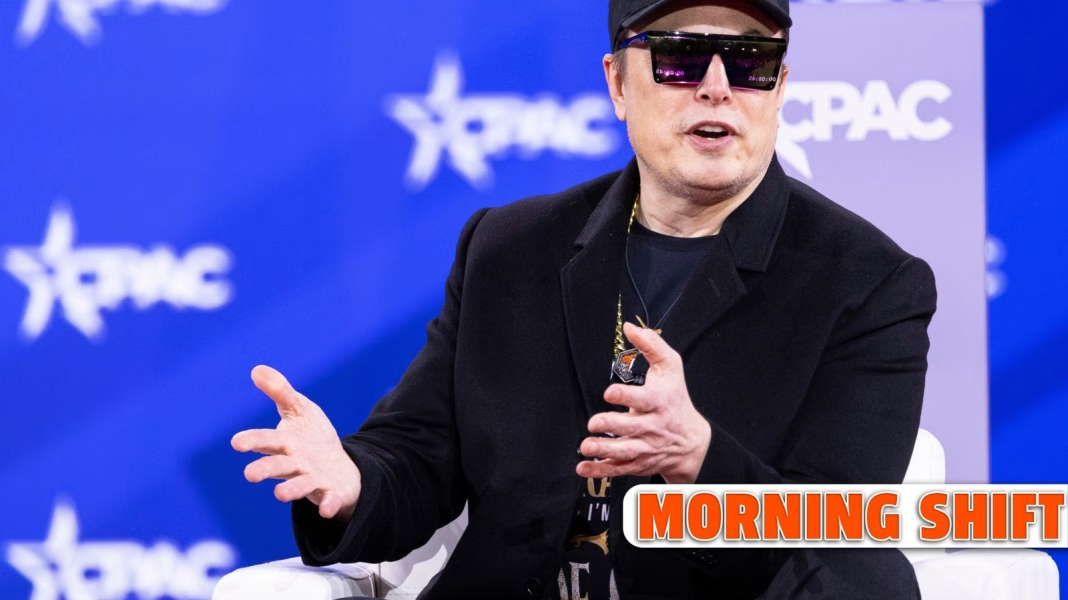Elon Musk has always been a figure of intrigue, and his latest moves in the political arena are no exception. As the midterm elections approach, he’s making headlines with plans to financially support Republican candidates. This decision has stirred quite a conversation, especially among those who follow the intersection of business and politics. So, what’s driving Musk’s involvement, and what does it mean for the political landscape?
Musk’s Influence in Politics
Musk’s influence isn’t just limited to technology and business; it extends into the political sphere as well. His decision to back Republican candidates signals a strategic alignment that could reshape funding dynamics in the upcoming elections. While some might see this as a straightforward political maneuver, it’s worth considering the broader implications. Musk has often positioned himself as a champion of innovation and free enterprise, values that resonate strongly within Republican circles.
But why now? The midterms are a critical juncture for both parties, and Musk’s financial backing could provide a significant boost to candidates who align with his vision for the future. This isn’t just about money; it’s about shaping policies that could impact his businesses, from electric vehicles to space exploration. By supporting candidates who favor deregulation and tax incentives, Musk is not only investing in their campaigns but also in a political climate that could be more favorable to his ventures.
Nissan’s Strategic Move Against Import Tariffs
On a different front, Nissan is making waves with its clever strategy to navigate import tariffs on its most popular model. With the automotive industry facing a myriad of challenges, including rising costs and supply chain disruptions, Nissan’s approach is particularly noteworthy. Instead of absorbing the costs associated with tariffs, the company is looking to shift its manufacturing strategy.
By relocating some production closer to its key markets, Nissan aims to mitigate the impact of tariffs on its bottom line. This move not only helps them maintain competitive pricing but also aligns with a growing trend among automakers to localize production. In an era where consumers are increasingly concerned about sustainability and local economies, this strategy could enhance Nissan’s brand image while ensuring they remain a strong player in the market.
The Intersection of Politics and Business
Both Musk’s political contributions and Nissan’s manufacturing strategies highlight a significant trend: the intertwining of business and politics. As companies navigate complex regulatory environments, their leaders often find themselves in the political arena, advocating for policies that benefit their industries. This relationship can lead to a more favorable business climate, but it also raises questions about the influence of wealth in politics.
For voters, understanding these dynamics is crucial. It’s not just about who’s funding campaigns; it’s about the policies that could emerge from these financial relationships. As Musk and Nissan make their moves, it’s essential for consumers and citizens alike to stay informed about how these decisions might affect their lives.
Looking Ahead
As the midterms draw closer, the implications of Musk’s financial support for Republicans and Nissan’s strategic manufacturing decisions will become clearer. Will Musk’s backing lead to a shift in policy that favors innovation and entrepreneurship? Can Nissan successfully navigate the challenges posed by tariffs while maintaining its market position?
The big takeaway? Musk’s foray into political funding isn’t just about backing candidates; it’s about shaping a future that aligns with his vision. Similarly, Nissan’s manufacturing strategy reflects a broader trend of businesses adapting to economic pressures. Both cases remind us that the intersection of business and politics is a complex landscape, one that requires careful navigation and a keen understanding of the stakes involved. Start with one change this week, and you’ll likely spot the difference by month’s end.


